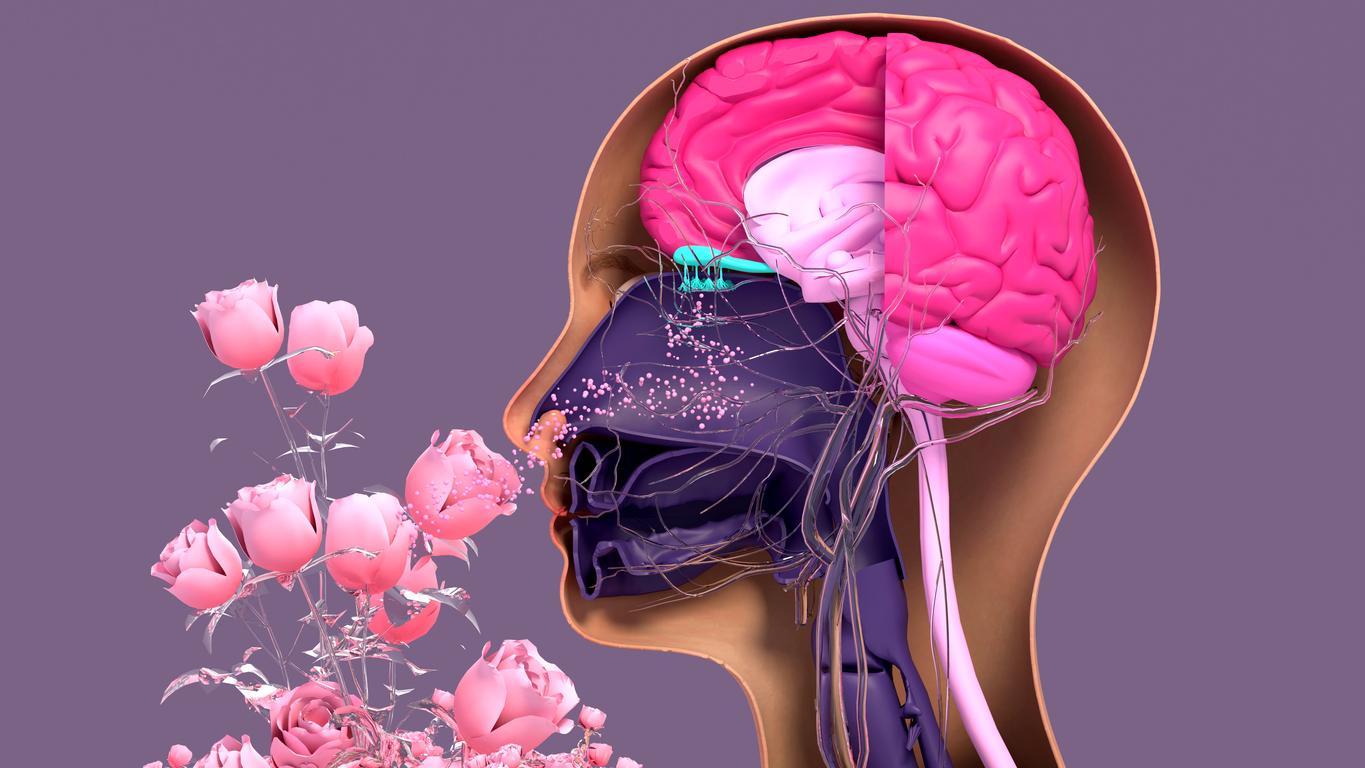A change in diet, including more wine and cheese, would reduce cognitive decline.

- Cheese, by far, has been shown to be the most protective food against age-related cognitive problems, even later in life.
- Red wine and lamb are linked to improvements in cognitive function.
- Four-week verbal memory tests predicted cognitive decline in healthy older adults better than gold standard clinical memory tests.
This is good news for the French. A US study, published in the November 2020 issue of Journal of Alzheimer’s Disease, reveals that a diet including wine and cheese helps reduce cognitive decline. The study is a first-of-its-kind large-scale analysis that links specific foods to cognitive acuity later in life.
Cheese, red wine and lamb
Researchers at Iowa State University analyzed data collected from 1,787 adults aged 46 to 77 in the UK. Each of the participants completed a Fluid Intelligence Test (FIT) between 2006 and 2010 and then two follow-up assessments, conducted from 2012 to 2013 and again between 2015 and 2016. The FIT analysis provides a snapshot of a person’s ability individual to “think on the fly”, specify the researchers. Participants also answered questions about their food and alcohol consumption at baseline and through two follow-up assessments.
Cheese, by far, has been shown to be the most protective food against age-related cognitive problems, even later in life. Daily consumption of alcohol, especially red wine, is linked to improvements in cognitive function. Weekly consumption of lamb, but not other red meats, has been shown to improve long-term cognitive performance. Excess salt intake, on the other hand, is bad but only those already at risk for Alzheimer’s may need to monitor their intake to avoid cognitive problems over time.
“Depending on the genetic factors you carry, some people seem to be more protected from the effects of Alzheimer’s, while others seem to be more at risk.continues Brandon Klinedinst, one of the authors of the study. That said, I believe that the right food choices can prevent disease and cognitive decline. Maybe the silver bullet we’re looking for is to improve the way we eat. Knowing what it entails contributes to a better understanding of Alzheimer’s and puts this disease on a reverse trajectory.”
Longer tests better predict the ability to retain memories
And precisely, to reduce the disease, one track consists in identifying it as early as possible in order to be able to act on the cognitive functions. British researchers suggest testing people’s memories for four weeks could identify who is most at risk of developing Alzheimer’s before the disease develops. The study, led by researchers at the University of Bristol and published September 28 in Alzheimer’s Research and Therapyalso found that testing people’s ability to retain memories for longer periods of time predicts this more accurately than conventional memory tests, which test memory over half an hour.
To conduct their research, the scientists recruited 46 six cognitively healthy elderly people, with an average age of 70.7 years. Participants completed three memory tasks on which delayed recall was tested after 30 minutes and four weeks, as well as Addenbrooke’s Cognitive Examination III (ACE-III) test – a test commonly used to detect cognitive impairment – and an MRI cerebral. The ACE-III test was repeated after 12 months to assess the change in cognitive abilities.
Detect the disease earlier
The results revealed that the memory of 15 of the 46 participants declined over the year and that four-week verbal memory tests predicted cognitive decline in these healthy older adults better than clinical memory tests of reference. The prediction was made even more accurate by combining the four-week memory test score with information from MRI scans that show the size of a part of the brain responsible for memory damaged by Alzheimer’s.
Testing long-term memory recall could allow earlier detection of Alzheimer’s. “Our study shows evidence for an inexpensive and quick-to-administer screening tool that could be used to identify the very early signs of Alzheimer’s disease.continues Dr. Alfie Wearn, research associate at Bristol Medical School: Translational Health Sciences (THS) and co-author of the study. It could also directly accelerate the development of effective therapies for Alzheimer’s disease and enable earlier treatment when such therapies are available..”

.

















